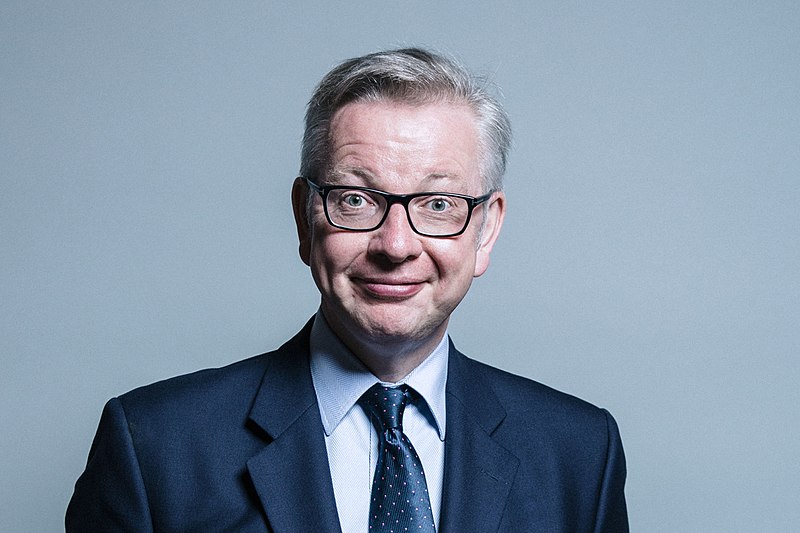
Michael Gove says the UK housing market is “broken” and “desperately” needs a greater supply of new homes and higher standards.
“The current housing model – from supply to standards and the mortgage market – is broken,” says the Secretary of State for Levelling Up, Housing and Communities.
His comments come in the foreword to a collection of essays on housing published by the Conservative thinktank Bright Blue and housing charity Shelter.
He says: “If one clear measure of success is having a home to call your own, we desperately need more homes to bring ownership within reach of many more people.”
But the minister points out that the government’s wide-ranging Levelling Up and Regeneration Bill, currently making its way through parliament, is a key measure that will help boost supply.
He adds that the legislation “also strengthens local leadership and reforms our planning system in a way that puts neighbourhoods firmly in control”.
The government first introduced the Levelling Up and Regeneration Bill in May.
In broad terms, the legislation devolves powers to local areas in England that want “more control over budgets, transport and skills”.
It also bids to “improve the planning process” and “provide a legal basis for the setting and reporting” against the administration’s levelling up mission.
But writing in the same paper Shelter chief executive Polly Neate and Bright Blue founder Ryan Shorthouse call the UK’s housing policy “frankly, a mess”.
They say: “A Conservative government, now in power for over 13 years, needs to make genuinely affordable and appropriate housing – of all different types of tenure – accessible to a much wider proportion of the population, especially younger generations and those on modest incomes.”
The pair point out that in the 1960s, the country consistently built more than 300,000 homes a year, including an average of 126,000 homes for social rent.
The average cost of a home at this time was, around £2,500 — two-and-a-half times the average salary.
But they add that even though the 2019 Conservative Party manifesto promised to lift the supply of new homes to 300,000 per year, in fact, since 1980, the country has “struggled to build even 200,000 in a year”.
The effect has been that house prices have “sky-rocketed, for a mixture of reasons – historically lax monetary policy and a shortage of housing”.
They say: “Now, in order to buy a house, the average person would have to spend almost a decade of their life spending everything they earn on a house in order to be able to afford one.
“In London, it would be over fifteen years.”
The pair say that the high price of homes has had the knock-on effect of pushing up rents.
They say that rents are at their highest levels since records began and over 48% of private renters “have no savings whatsoever”, which leaves them little chance of getting on the housing ladder.
Standards in the rental market are poor, despite their high costs, they add.
Almost one in four private rental homes and one in ten social homes fail to meet the Decent Homes Standard, a technical standard introduced by the government to ensure health and safety in housing, the writers point out.



